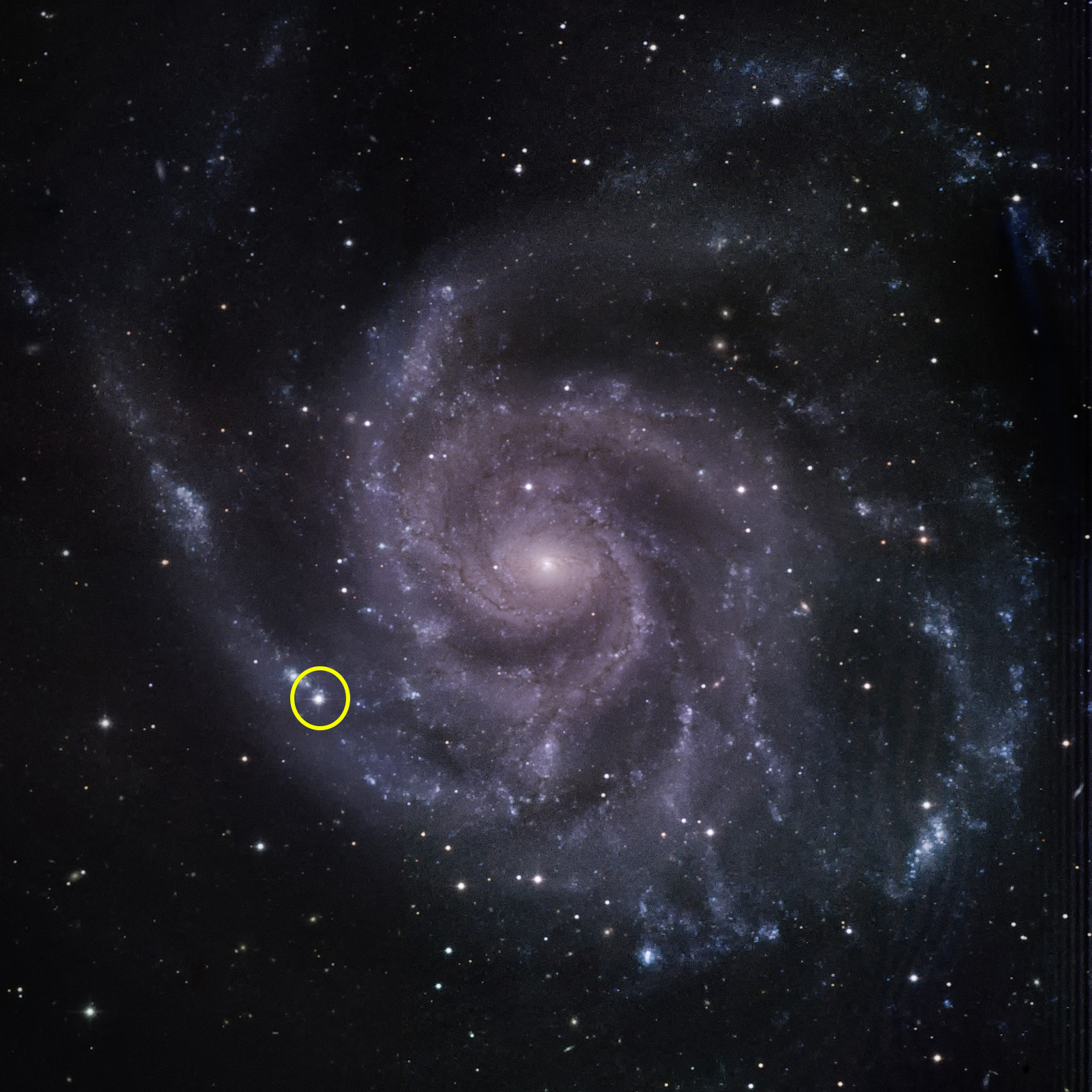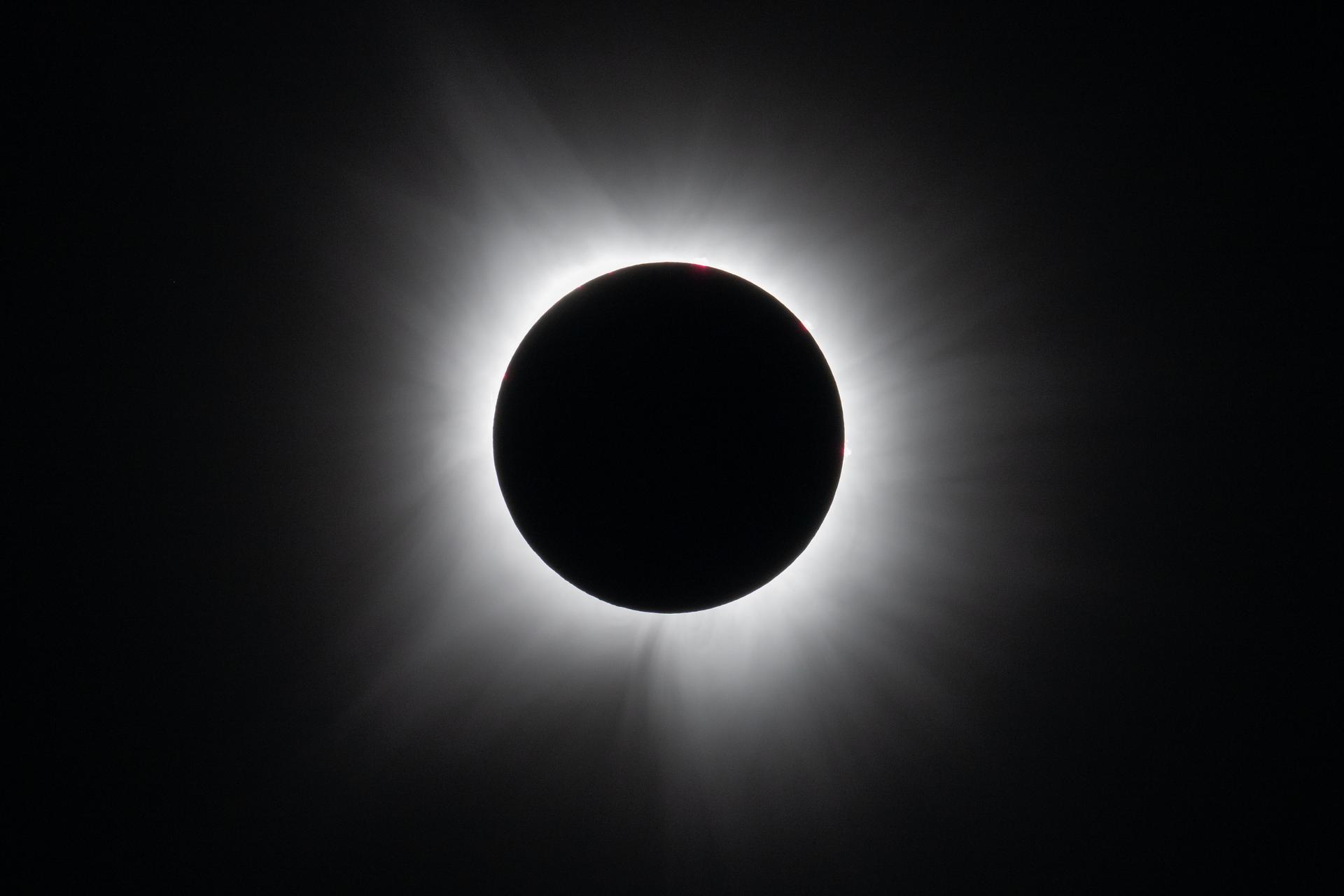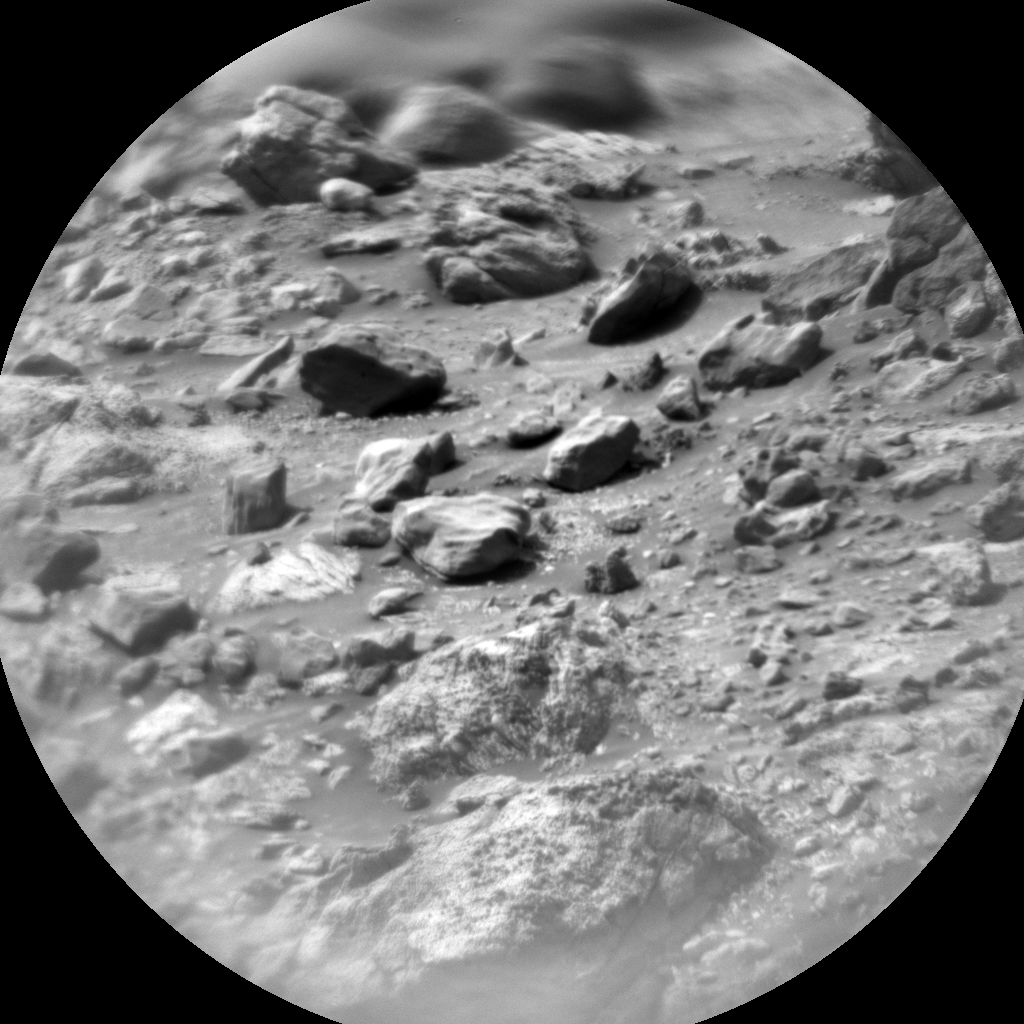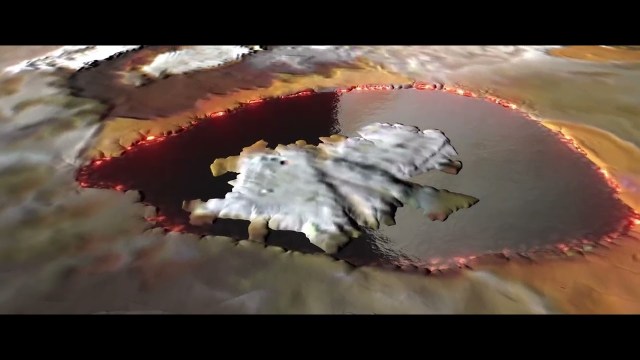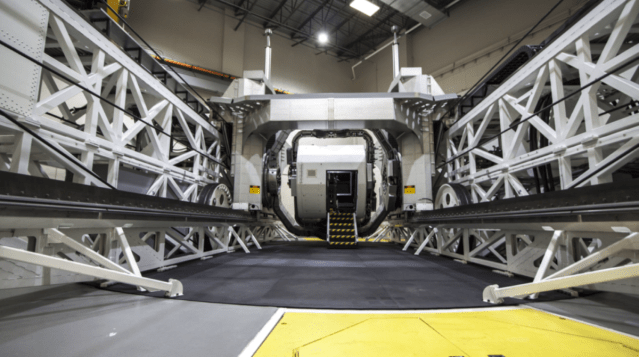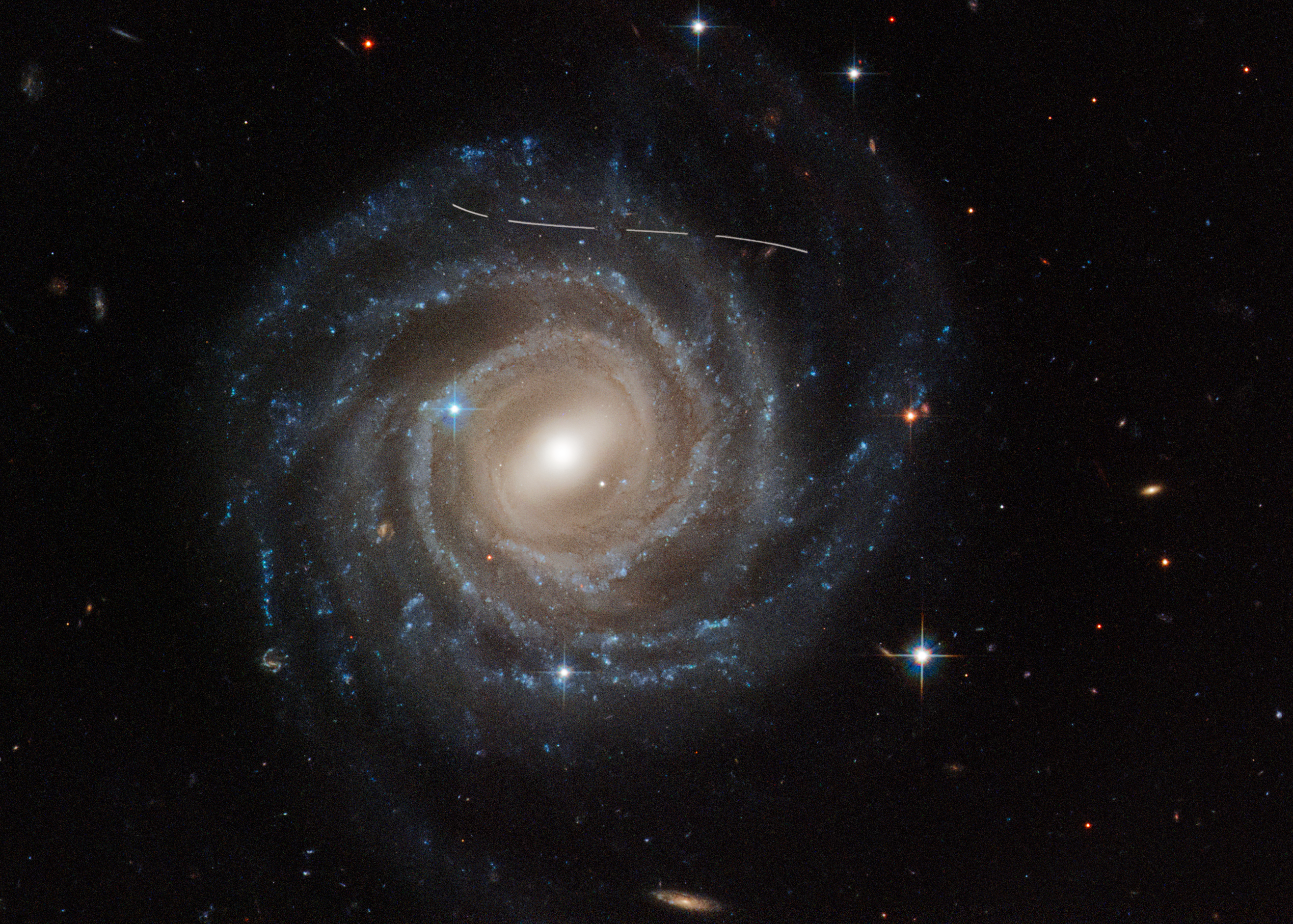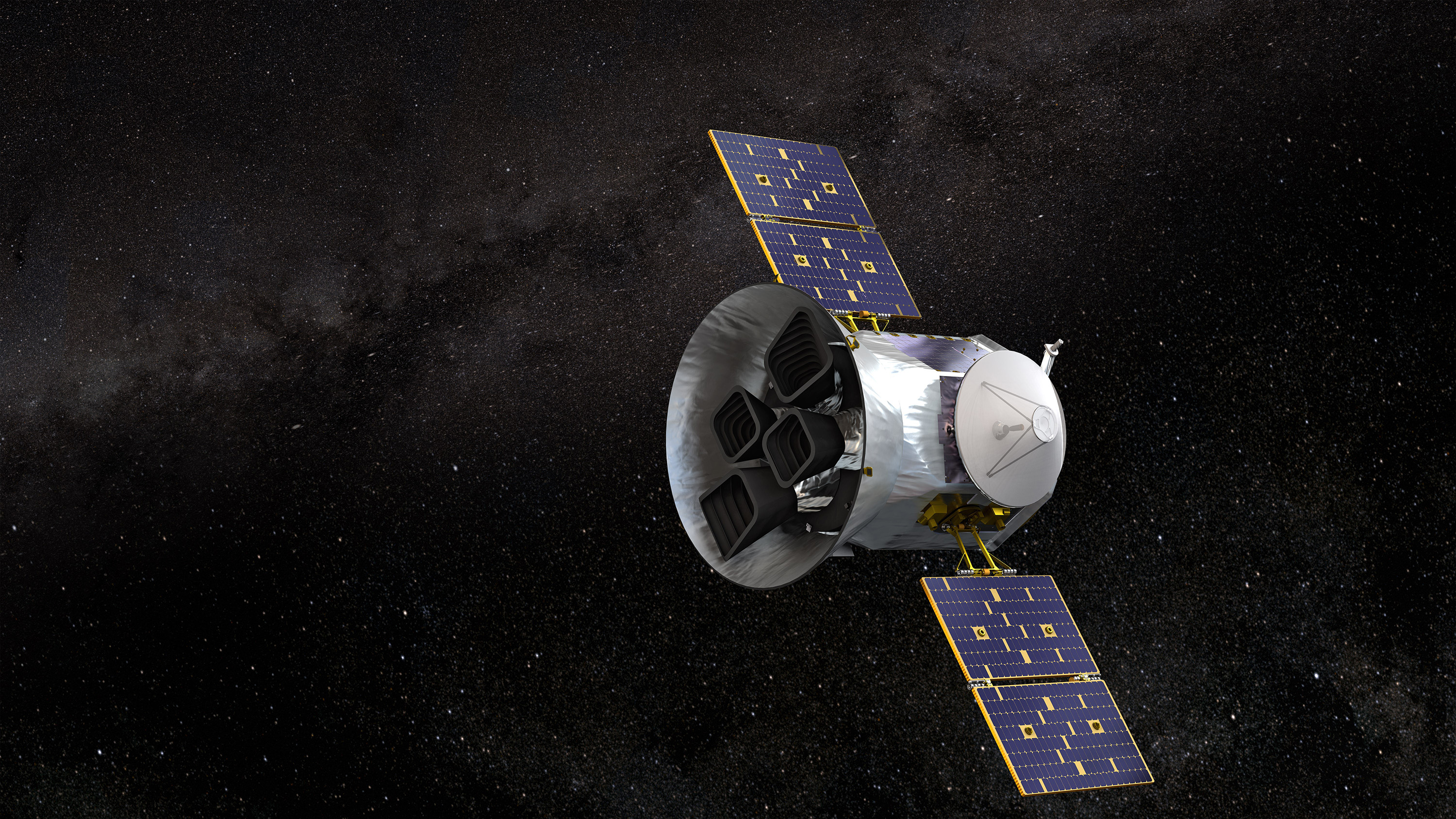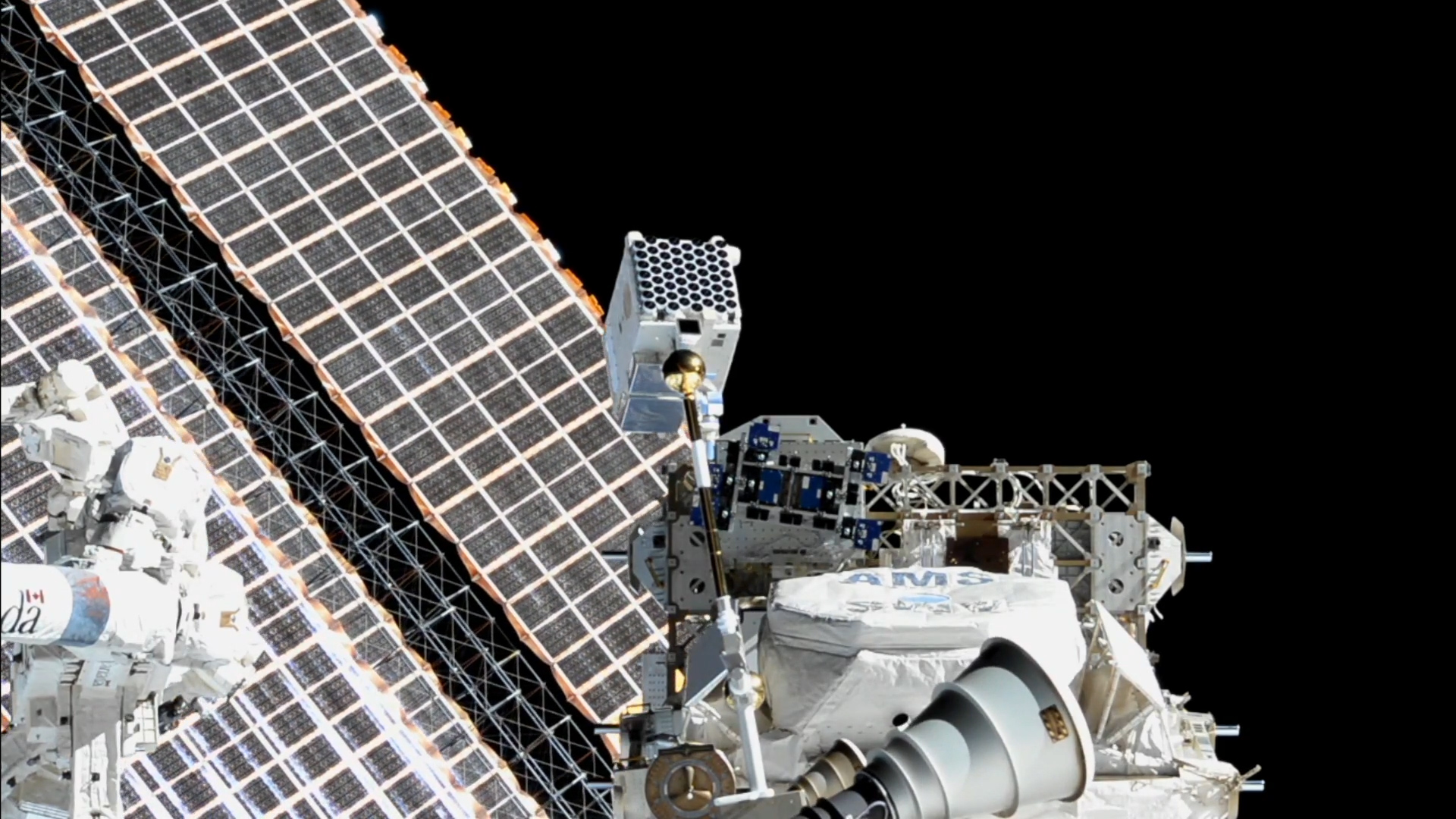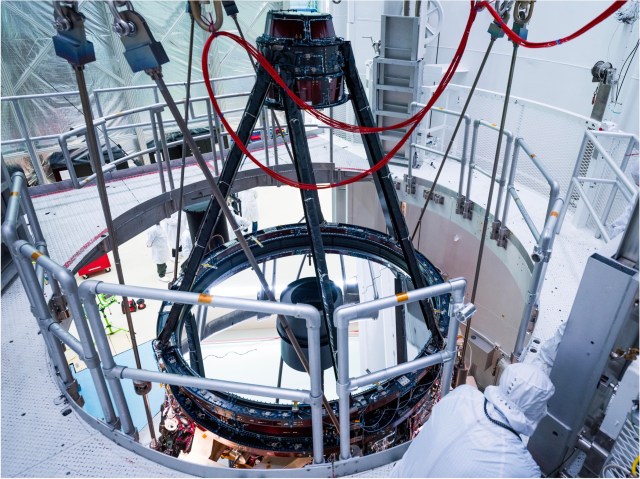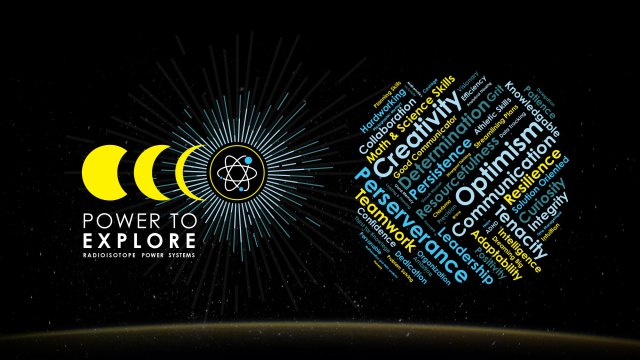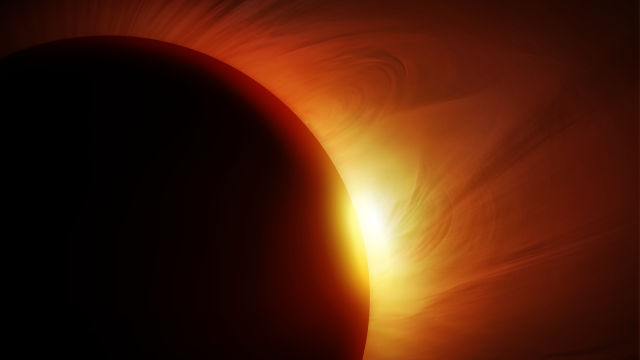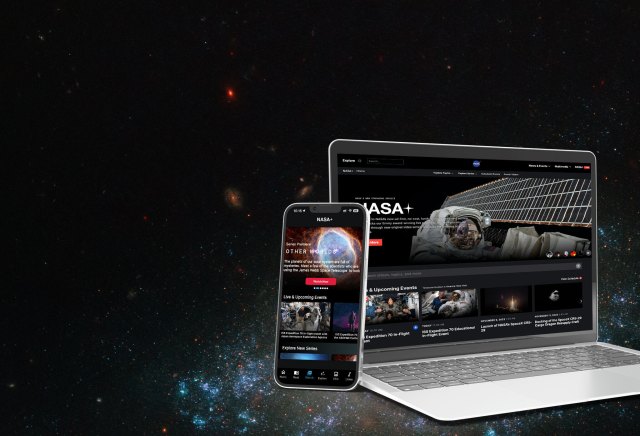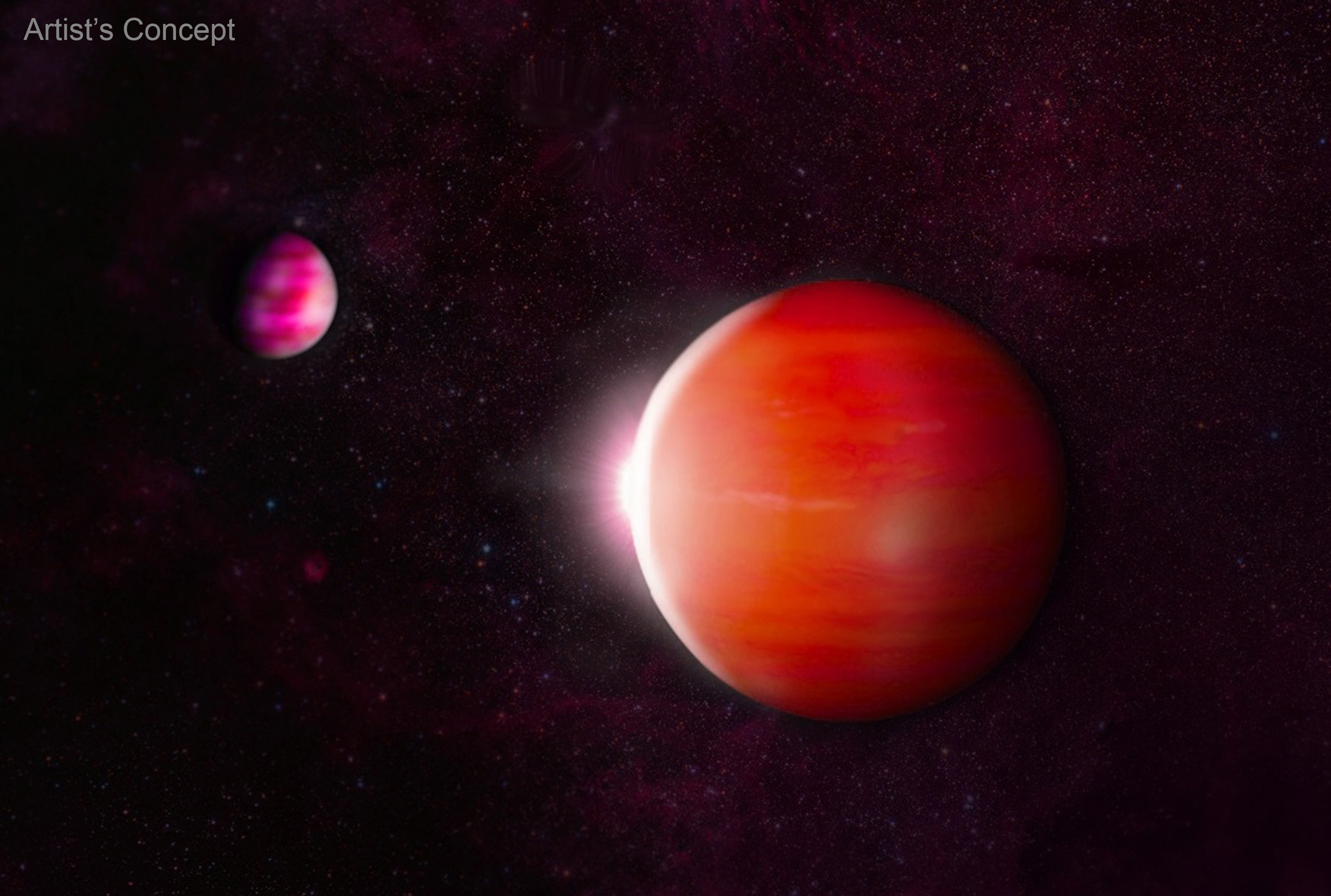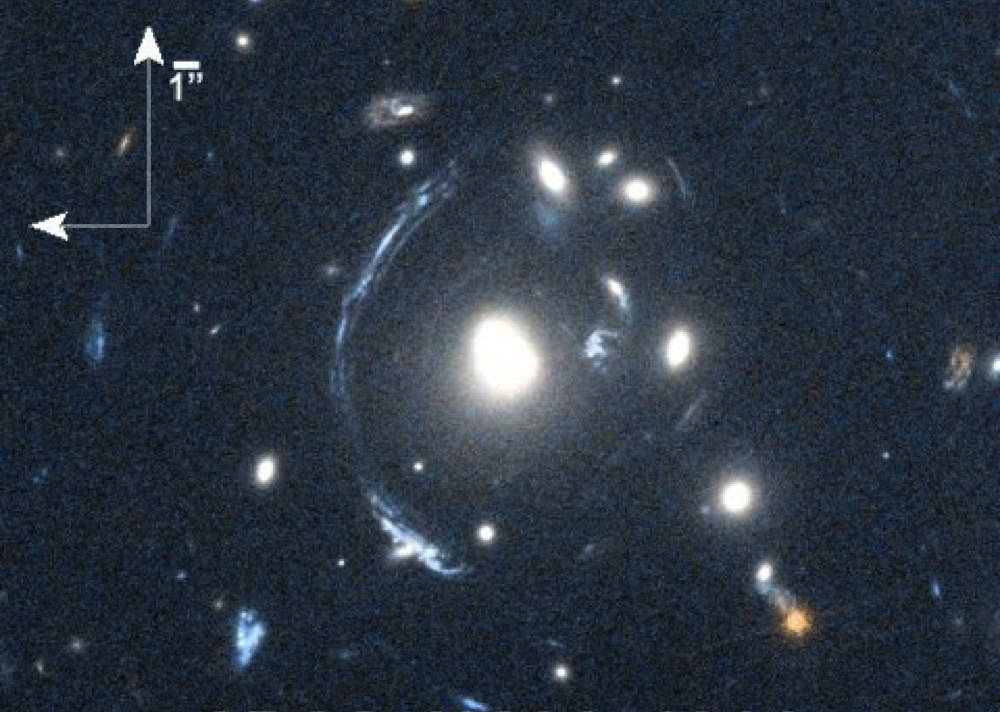
The young galaxy SDSS090122.37+181432.3, also known as S0901, is seen here as the bright arc to the left of the central bright galaxy. The distorted view of S0901 is caused by gravitational lensing, resulting from one or more galaxies that lie between the observer and S0901. Although one effect of lensing is to distort the image, another effect is to magnify the light of the lensed object. This effect was used to enable scientists to study S0901 with Herschel’s Heterodyne Instrument for the Far-Infrared (HIFI).
This image was obtained in May, 2010, using the Wide Field Camera 3 on the NASA/ESA Hubble Space Telescope.
Herschel is a European Space Agency mission, with science instruments provided by consortia of European institutes and with important participation by NASA. While the observatory stopped making science observations in April 2013, after running out of liquid coolant, as expected, scientists continue to analyze its data. NASA’s Herschel Project Office is based at JPL. JPL contributed mission-enabling technology for two of Herschel’s three science instruments, including HIFI. The NASA Herschel Science Center, part of the Infrared Processing and Analysis Center at the California Institute of Technology in Pasadena, supports the U.S. astronomical community. Caltech manages JPL for NASA.
Credit: NASA/STScI; S. Allam and team; and the Master Lens Database, L. A. Moustakas, K. Stewart, et al (2014)

